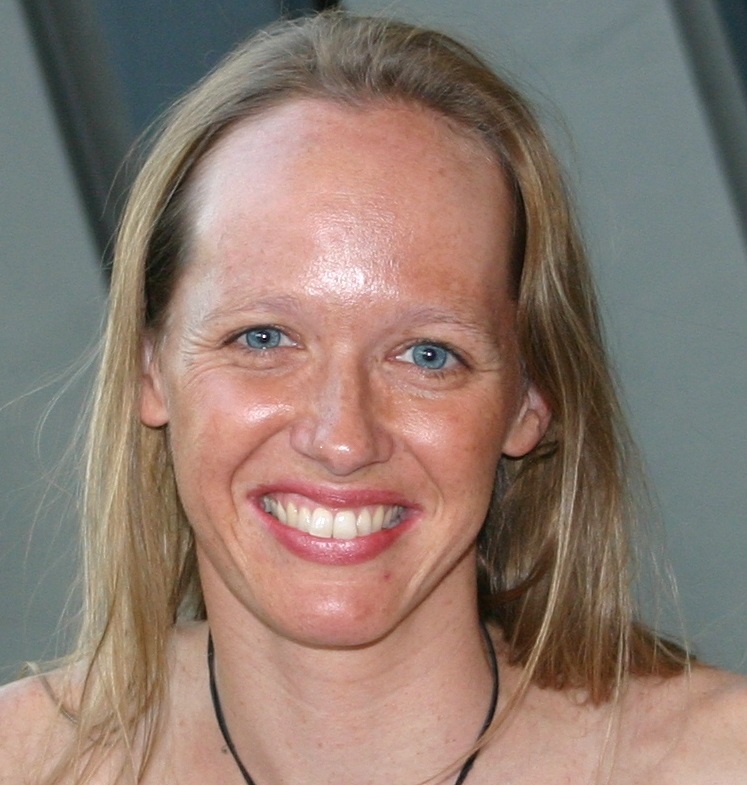Kneel to stand
June 2020 unfolded with a wave of protests as the international community reeled from the death of George Floyd, the African-American who tragically and shockingly lost his life during police arrest. In several American cities, police approached protestors, remarkably, on bended knee. Their intention was to show solidarity and compassion. Closer to home, as a medical practitioner, I’ve seen the stress of COVID-19 create intensely challenging situations in a hospital context too…
The first move is yours
In conflict, our instinct is to defend – to defend our reputation and our power. The problem is, this reflex is common to both sides. It isn’t until one side ‘lays down their weapons’ that the opposition senses it is safe to lay down their own.
Offer peace before it is earned
The posture adopted by some police officers in the United States is reminiscent of the poise with which God approaches humanity. In the Garden of Eden, a conflict emerged. Adam and Eve breached the law and the penalty was death. Instead of marching in with His name and power blazing, God approached them quietly, in the cool of the evening, asking questions. `Where are you? Who told you that you were naked? Have you eaten from the tree whose fruit I commanded you not to eat? What have you done? ` He asks. (see Genesis 3, NLT). And then He arranges to send His son to absorb the conflict between himself and mankind. He doesn’t wait to be asked. He doesn’t even wait for an apology. On the contrary, Adam blamed Eve and God; Eve blamed the serpent. No one owned their part in the conflict. And still God stepped forward and offered peace.
Conflict: hazard or opportunity?
The Bible challenges us to see conflict not as a threat but as an opportunity.
- Glorify God. The first invitation of conflict is to honour God, by trusting, obeying and imitating him. When we remember our reputation and provision depend ultimately on what God says of us, not how we fare in a conflict, we are free to approach the other party as he approached us.
- Serve other people by helping them carry their burdens or confronting them in love. When I am at loggerheads with someone, the last thing I feel like doing is serving them. Instead I want to judge them, to preserve my pride, and punish them for hurting me. Serving is a way to `lay down my weapon` and set the foundation for healing the relationship.
- Grow to be like Christ by confessing sin and turning from attitudes that promote conflict. Sometimes it takes a painful or unexpected conflict to open my eyes to something in my heart that shouldn’t be there. God holds up other people to us like a mirror. They show us our own need for forgiveness and the next step for growth.
Peace in a pandemic
In the past four months I have encountered fresh challenges as a doctor in my workplace. In an effort to limit spread of COVID-19 to vulnerable patients and critical staff our unit made the inevitable decision to limit hospital visitors. There were times when relatives could not be with a close family member, awaiting the results of coronavirus testing. Each was quick to advocate, rightfully, for their family’s need for connection. I discovered that the quickest way to navigate these conversations was empathy.
I reflected with them on how love drives us to spend more time with our family, not less, when one is unwell. Sometimes I went as far as sharing how I felt when my premature twins were in hospital and there were two hours each afternoon when visiting wasn’t allowed. Each time, the walls came down and I was able to talk people through the need for the rules, and how we could help.
The power of perspective
As you reflect on conflicts in your own life, I encourage you to imagine yourself on one knee before your opponent. What does it look like to glorify God in this situation? How can you serve the other person? And how is God asking you to grow right now?
For more information, feel welcome to explore our resources, or perhaps consider attending one of our upcoming training days in your State. All training will proceed subject to COVID-19 restrictions, and full refunds are available if any training needs to be postponed.

This article is by Tammy Brinsmead. Tammy is a medical specialist with three young children and a feisty feline. Her favourite activities during lockdown have been teaching her girls to ride bikes and making mud cakes on the back veranda.
